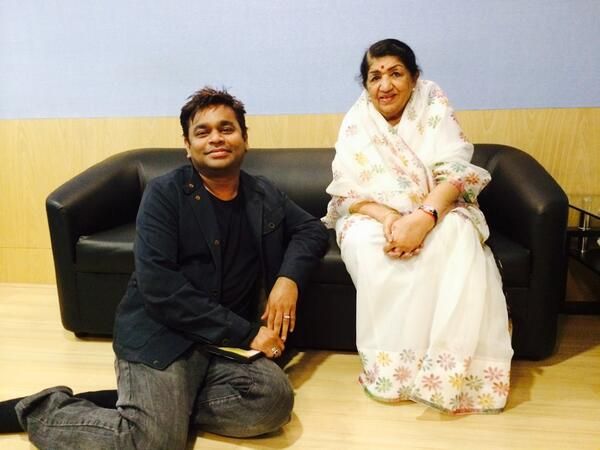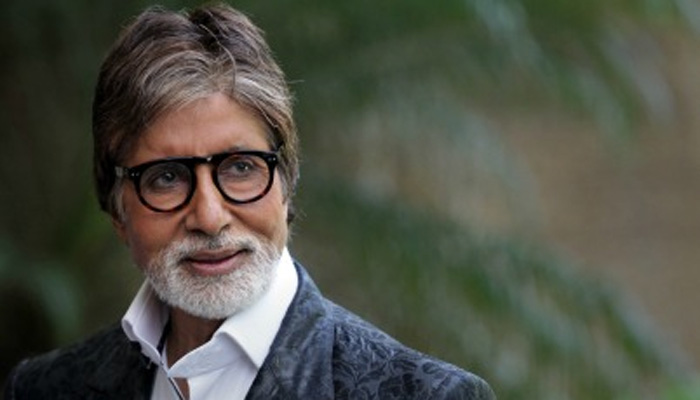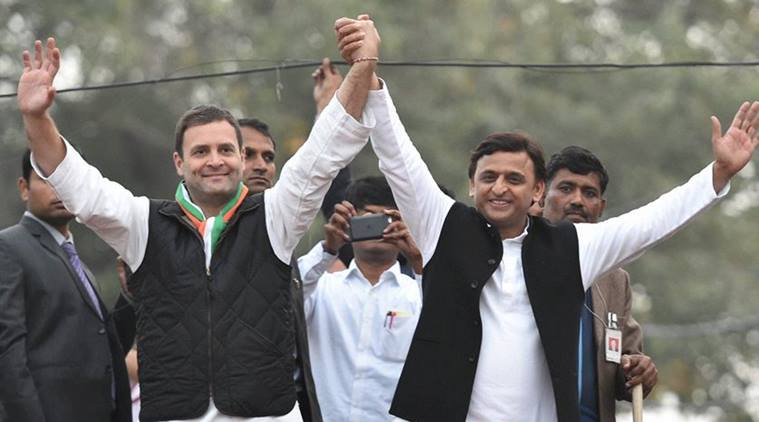New Delhi: The distinct styles of Pandit Mani Prasad and Pandit Dalchand Sharma, proponents of Hindustani classical music, captured in a series of recordings by the Indira Gandhi National Centre for the Arts (IGNCA) are now available for music lovers in a digital format.
The recordings of the duo are part of the arts organisation’s initiative ‘Masters of Hindustani Classical Music’ series that aims to map and showcase the richness of the centuries-old musical traditions.
The series is part of a research project led by noted Hindustani vocalist Meeta Pandit, and has recorded 25 artists so far.
These archived recordings establish India’s perennial traditions of music that have lived on through the efforts of artists, scholars, scions of gharanas, as also dedicated disciples of legendary gurus, according to IGNCA.
The DVDs on Pandit Prasad and Pandit Sharma are the ninth and tenth in the series which has featured artists such as Harmonium legend Pandit Purushottam Walawalkar, sitarist Pandit Arvind Parikh, doyen of the Gwalior Gharana Laxman Rao Pandit; violinist N Rajam; Shanno Khurana, a renowned exponent of the Rampur gharana; Thumri exponent Savita Devi; the late Ustad Faiyaz Khan and Ustad Gulam Sadiq Khan of the Rampur Seheswan Gharana.
Pt Dalchand Sharma, one of the greatest proponents of Pakhawaj is a Grade A artist who currently teaches at the Faculty of Fine Arts and Music at the Delhi University. He learnt the instrument from stalwarts, Pandit Tota Ram Sharma and Pandit Purushottam Das.
Pt Mani Prasad, one of the well-known exponents in Khayaal style of singing. One of the well-known exponents in khayaal style of singing.
Belonging to a musical family of Bikaner in Rajasthan. His family has been nurturing the Dhrupad and Khayaal styles for centuries.
According to Sachchidanand Joshi, Member-Secretary, IGNCA, the DVDs were not intended for commercial purposes, but were meant as a resource for music lovers and researchers.
“We have a treasure trove of art, music and culture in India and traditions that have lived on for centuries. We will have failed in our mission if we do not preserve these for the next generation,” he says.
(Sourced from agencies, Feature image courtesy:pinterest.com)


























